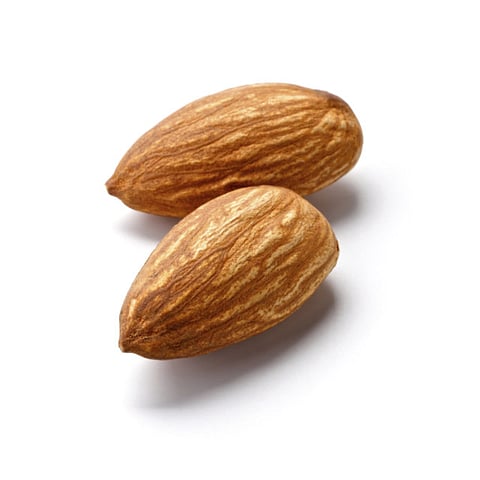Suhour: Eat complex carbs with protein-rich foods
Doctors advice fasters not to snack through the night

An important message to those fasting this Ramadan is not to miss Suhour, the early morning meal, as it will help keep your energy levels up during the long daylight hours of fasting. But irrespective of how much you eat at Suhour, hunger pangs soon make their presence felt soon after. The best way to counter them is to follow the complex carb philosophy. What are complex carbs? These are carbohydrates that take a longer time to break down in your digestive tract, thus releasing energy more slowly as compared to simple carbs or refined and processed foods that spike sugar levels and leave you craving for more sugar. The complex carb philosophy also asks you to also combine complex carbs with protein-rich foods, and fruits to keep off hunger pangs for longer. You also need to eat larger portions of complex carbs to feel full for longer. ”Eat a bowl of beans with pita bread and also fruits,” says Mitun Sarkar, Diet and Nutrition Consultant, Northwest Clinic for Diabetes and Endicrinology, Dubai.” Try and consume at least 500 calories during Suhour,” she says.
People generally make the mistake of continuing to snack throughout the night after dinner, which kills their hunger when they wake up for Suhour and in a domino effect, they can’t eat much at Suhour and so on.
Even when it comes to the Iftar meals, complex carbs are a great choice. After having fasted the entire day, it is good to eat foods that will release sugar slowly as they digest slowly. This keeps the body chemistry stable. “Cut down on savouries and sweets at Ifter,” says Sarkar. Also, “Try and consume the rest of daily required calorie intake of 700 to 800 calories over Iftar, dinner and a snack.
The average daily calorie intake is around 1,300 to 1,800 calories respectively for men and women.
This Ramadan, the day time fast will last for about 15 hours. Your body will go through a lot of hormonal changes. Your metabolism will slow down, blood sugar and blood pressure levels and the core temperature of the body will drop. You will be dehydrated. To combat this, “It is crucial to eat healthily and make the right choice of foods to give you sustained energy that can last you at least for 7 to 8 hours,” says Mitun. The best foods are those with a low glycemic index (which we dealt with last week) and slow digesting foods that are rich in fibre, which release glucose into the blood stream slowly and steadily keeping your blood sugar levels stable for a long time.
Simple carbohydrates are fast-digesting foods and are generally made with ingredients like sugar and refined flour, the villains of the carbs world. “For example, cakes, cookies, white breads, noodles, pastas, croissants, will give you a sense of satiation that lasts for only 2 to 3 hours, making you hungry and slowing your metabolism within a couple of hours,” she says. So, it’s best to avoid eating these foods.
“Many of us drink 3 to 4 cups of tea and coffee at work or have energy drinks. As you suddenly stop them, there will be withdrawal symptoms and headaches.” For those addicted to tea and coffee, it’s best to begin tapering off before Ramadan to avoid withdrawal symptoms.
When breaking the fast at Iftar, the body needs easily available source of energy in the form of glucose. One of the best sources of this are dates. “They are high in potassium, soluble fibre and beta-d glucan, a soluble fibre that gives you the feeling of fullness,” she says.
The other thing to keep in mind while breaking your fast is to avoid eating greasy, sugary and deep fried foods as these can irritate the digestive system, which was in a period of rest for almost 15 to 17 hours. “It can’t, immediately after resting, handle foods that are difficult to break down and digest. Consumption of such foods immediately after a fast results in acidity, heart burn and bloating.” The most suitable option after breaking the fast with dates and water, is to eat a wholesome soup prepared with vegetables and chicken or lentils with some wholemeal toast or wholewheat or rye crackers, all complex carbs.
A bowlful of fruit such as melons, berries, oranges, apples, pears, kiwi, has a high water content and is a perfect way to rehydrate your body after a day-long fast, advises Sarkar.
After Iftar, give your stomach a rest for at least an hour or 90 minutes before having your next meal. The digestive juices have now been stimulated after a light iftar and are ready to start the process of digestion.
Dinner should consist of fibre-rich salads and cooked vegetables to avoid constipation. Complex carbohydrates like brown rice, barley, wholemeal breads, rotis, brown khubz, quinoa, burghul, combined with protein like fish, chicken, lentils, beans, tofu, chickpeas, and fats like olive oil, canola, sesame, peanut or groundnut oil.

